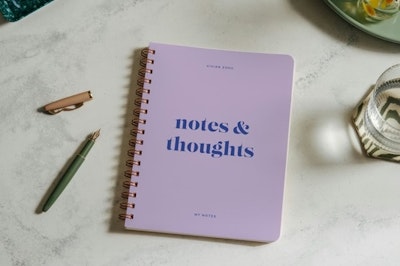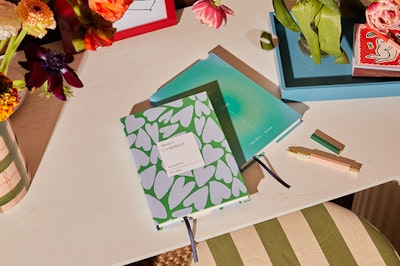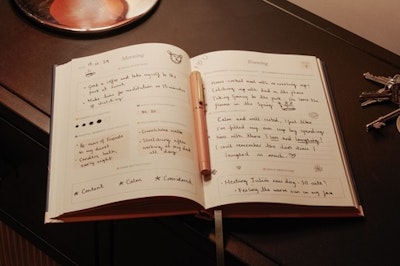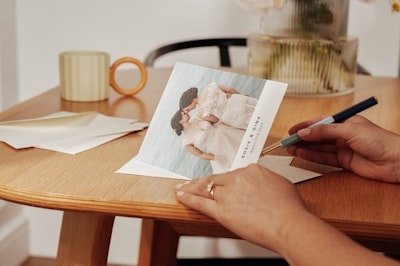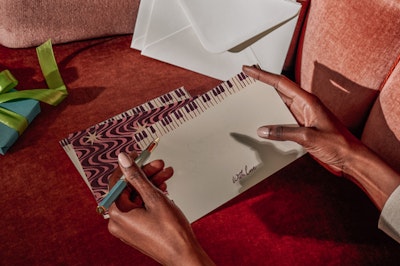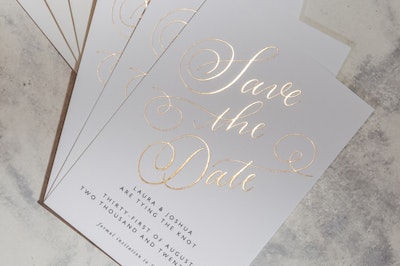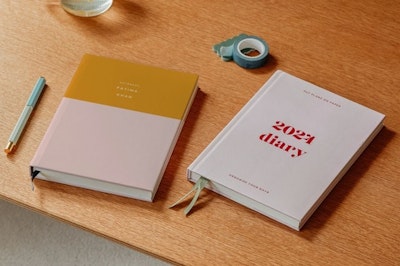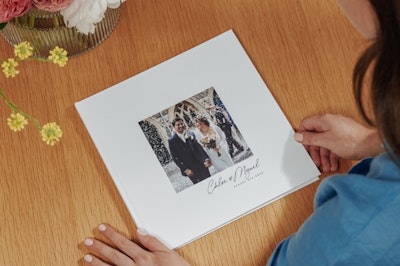As poetry is having a bit of a thing at the moment, with the rise of Instagram poets and performance poetry creating a growing interest in young people, we wanted to get some advice about how to write a verse or two. So we asked newly appointed Young People's Poet Laureate for London Theresa Lola to share her tips for writing poetry.

How To Write Poetry
1. Give yourself the permission to be every version of yourself in a poem
A poem is unique because the writer is unique, so allow your personality and perspective to be reflected.
2. It’s not about the use of complicated words but the importance of each word
The mistake writers can make is using complicated words for the sake of appearing to be a ‘well-read’ or ‘good’ writer. Though two words can be synonyms they will each have its significant meaning and image it creates. Running is different from sprinting, impeccable is different from flawless, know why you are using each word.
3. Use imagery to your advantage
Allow the reader or audience to be as present with you in the experience as you are. Pick your images carefully, use a balance of concrete and abstract. Let us see, feel, smell, and hear your words. These are the things that push the poetry beyond a series of statements.
4. Do not be predictable with the imagery
We always hear poets say avoid clichés but also surprise yourself with interesting images, take risks and allow your imagination to take control.
5. Read, read, read
One of the best ways to learn to be a poet is to learn from other writers. What are they writing about? How are they writing about it? But don’t just read to learn, read to appreciate the beauty of language and stories.
ode to edge control gel
You body of viscous liquid that drapes my hair into a cape to
conceal my shame. You italicise my insecurity so it reads
like sleeked back baby hairs. I had become the people
I chuckled at, I would tweet #noedges and pour my
laughter in between the thin hair strands of others. You
loosened Karma’s buckle on me, reduced the number of
eyes gawking at the naked circle of scalp on my edges.
It was not the domineering tug of weaves or braids that
caused my breakage. The void inside me had replicated
itself on my scalp, spread its fire to my hair strands and
turned my edges into an extinct forest. My mother and
I listened as the doctor said hair loss can be the body’s
reaction to stress, asked if it was due to my exams, or boy
trouble; I had no answer. Sometimes it’s impossible to tie
your hollowness to tangible things. Doctor handed me
a white cream to rub out the indignity, told me to give
the wait for hair growth a few weeks. While I waited you
leapt in without asking for a backstory. You poured shine
to my thin hair edges as if to say my crown deserves to be
polished, even when a jewel is missing.
Theresa Lola – from ‘In Search of Equilibrium’ (Nine Arches Press, 2019)
Q&A with Theresa
How did you start writing poetry?
I started writing poetry as teenage diary entries. I had loved reading books as a child as my mother had a mini-library at home, and I eventually wanted to tell my stories. It wasn’t until I left university and returned to London that I decided to take poetry further. I applied for the Barbican Young Poets programme and that was the beginning of my identification as a poet.
Who are your inspirations?
I have a range of poets and writers who have inspired me. I’ve never been the kind to idolise one writer, I appreciate something in every writer. The last poem I read was by Ruth Stone and the book I am currently reading is Small Inheritances by Belinda Zhawi.
How did you feel when your debut collection was published?
I was elated, the anxiety of releasing my poems to the world was there, but I try to remain proud of myself for living through the book and being able to articulate my experiences with a poetic language that hopefully captured the emotions of it.
What do you think of the current resurgence poetry is having?
I love the bold, experimental and collaborative work that young poets in particular are doing. I love the resurgence of poetry, the different and new audiences being drawn in, people realising that poetry exists all around us and within us.
Do you think poetry has become more inclusive?
I think the wall of elitism in poetry is being broken down, it isn’t fully there yet, but the change is due to a combination of things; schools improving the teaching of poetry, inclusive funding programmes and workshops, and poets finding new ways in, there is not one way of being a poet.
What is a poet in 2019?
A poet in 2019 is someone who is making use of the resources available to them to tell their stories in this changing and advancing world. Poets have always been cultural and political commentators, but we are seeing more poets creating bold and shifting work that is engaging more audiences.
Who are your favourite poets to follow on Instagram?
Victoria Adukwei Bulley, Caleb Femi, Inua Ellams, Cecilia Knapp, Amani Saeed and Yomi Sode.
What would be your top piece of advice for a novice who wants to start writing poetry?
Start writing about things that are meaningful to you. Even if you don’t understand it yet, seek to reflect on it in a poem. That will differ for everyone so don’t compare yourself to others. Also, find and read others whose work you can relate to.
Theresa Lola's debut poetry collection In Search of Equilibrium published by Nine Arches Press is available now.
